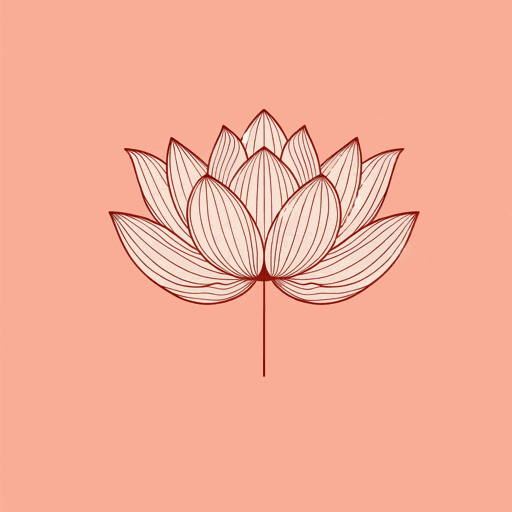61 pages • 2 hours read
Jung ChangWild Swans: Three Daughters of China
Nonfiction | Biography | Adult | Published in 1991A modern alternative to SparkNotes and CliffsNotes, SuperSummary offers high-quality Study Guides with detailed chapter summaries and analysis of major themes, characters, and more.
Themes
Complete Submission
At Yan’an in the early 1940s, Chang’s father learned that being a Communist required “complete submission to the Party, for the good of the cause” (108). From 1949 onward, China’s totalitarian Communist regime brutalized its people through indoctrination and fear, but it also relied upon centuries-old habits, reinforced by the commonplace horrors of life in a war-torn country. Finally, to effect “the total subordination of the self,” Chinese Communists constructed an empire of ignorance and lies.
For many women in early-20th-century China, complete submission to the will of a male was a daily requirement. Chang’s grandmother, for instance, could not challenge her father’s decision to give her away as a concubine. In a society that preserved many feudal assumptions, resisting a father’s authority was like rebelling against a king. Chang calls it “tantamount to treason” (11). During the Japanese occupation, the people of Jinzhou had no choice but to submit. For a young schoolgirl, possession of a banned book led to torture and public execution. Chang’s mother, the girl’s classmate, witnessed the horror. When the Red Army moved in, Soviet troops committed an untold number of rapes. Under the 







